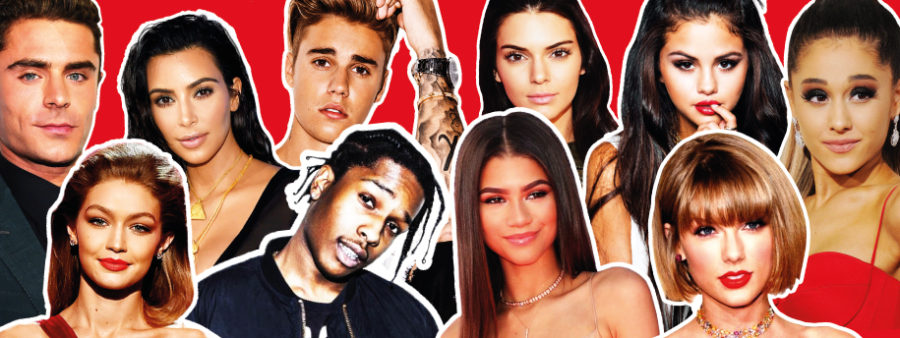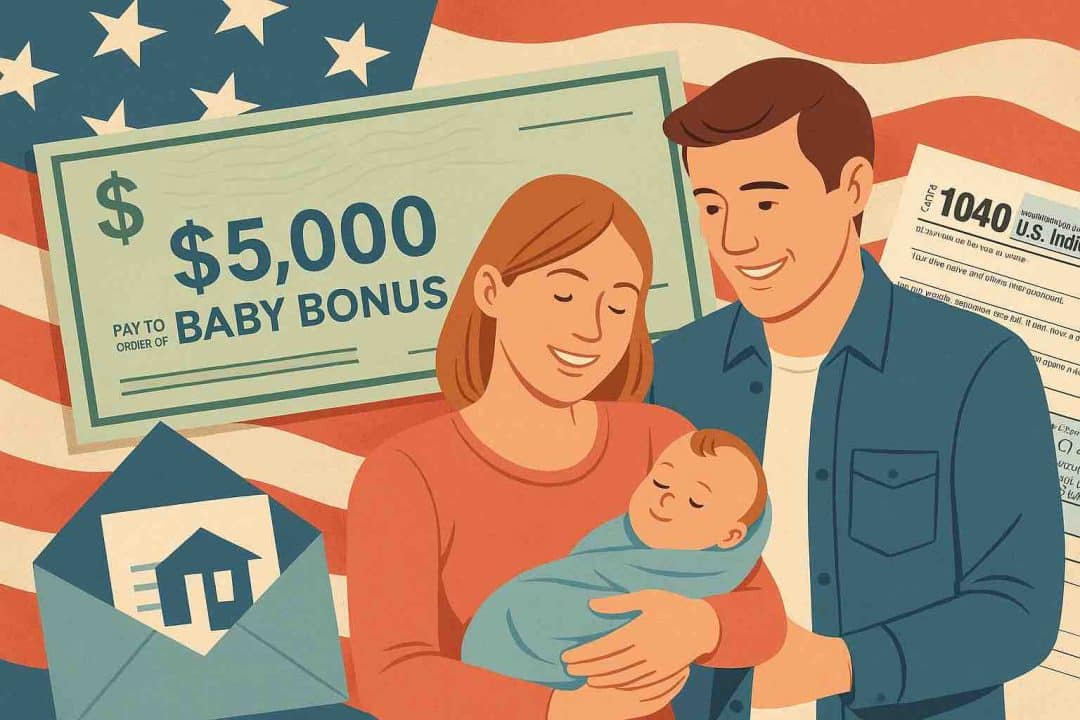Why Celebrities Shouldn’t Be Idolized
November 8, 2018
Today’s society has grown to be extremely involved in the lives of celebrities – specifically what they’re eating, how they’re exercising, how they’re dressing, and how they’re acting. Famous individuals can be admired for a plethora of reasons; whether they’re politically active or they’re the star of a blockbuster movie, the attention is always on them. A fan’s initial infatuation with celebrities is exemplified in magazines, tabloids, and social media accounts, where celebrities are made out to be people that the public look up to and want to become. There is nothing wrong with liking a celebrity; however, a dangerous problem erupts when liking turns into “idolizing”.
Humans are in no way perfect. We all have our flaws, and while they do not define us, they certainly add to our character and shape the way we are perceived by others. Often times, celebrities’ imperfections are overlooked by obsessed fans who believe that they truly can do no wrong. It is assumed that because a celebrity is in a position of power, they are entitled to say and do what they see fit. Celebrities are in positions in which they may possess talent, but this is not a reason to idolize them. Celebrities tend not to reveal their true selves to the public and put on a façade; we never get to see a celebrity’s true behavior. Interviews and tabloids are not the windows to their souls. Some individuals tend to confuse knowing simple facts about a celebrity to knowing them personally. I can say something trivial, like “Jake Gyllenhaal was born on December 19th, 1980,” but that does not mean that I know him on a personal level.
What can be said when the inevitable occurs? More often than not, celebrities who are initially viewed as “good role models” eventually sour their name and taint their beloved fans. A paradigm of this can be seen among Disney and Nickelodeon child stars, who start out as saints and are pushed to the point of insanity as they enter adulthood. Amanda Bynes, Lindsay Lohan, and Miley Cyrus are a few of the most obvious cases of individuals who tarnished their reputations. Their explicit actions and appearances painted a poor picture of them in the media and sent a wave of shock through their loyal followers. It is the media that first perceived these stars as innocent goody two shoes, and it is the media that claimed them to be amoral later.
Why do we find ourselves becoming angry with the crude behavior of some beloved celebrities? We place famous individuals on a pedestal and set up unrealistic expectations for them. It is because of this distorted mentality that we don’t realize that being famous doesn’t make a person a role model. We hold celebrities accountable for their wrongdoings and blame them for bad behavior. The irony in this statement is that, if they weren’t famous, we wouldn’t bat an eye at their behavior. Our culture is surrounded by toxicity that holding one person accountable for crimes committed by the masses does not solve the problem; rather, it only provides the satisfaction of pinning the problem on someone else.
I don’t mean to undermine celebrities in any way. Not all celebrities have been caught in a scandal. Malala Yousafzai is one example of a celebrity who has set a good example for today’s youth – she is an activist for female education and a Nobel Peace Prize laureate for her novel I Am Malala: The Girl Who Stood Up for Education and Was Shot by the Taliban.
Society seems to forget that most celebrities, if not all celebrities, do not ask to be idolized. They may have wanted to become famous, or they may have accidentally ended up in the spotlight, but their job is to entertain, not to mentor. These individuals have been followed by thousands, if not millions, of people, and they’re never able to catch a break. Are they going to get caught doing something undesirable? Probably, because they’re human.
Having a role model is not a bad thing. Role models can serve as an inspiration that helps one achieve personal growth. It becomes dangerous, however, when we begin to focus on the role model more than ourselves. The key to personal growth is that it’s – spoiler alert – personal! Everybody wants something different out of life, and one person is not always the answer to achieving your personal best. Don’t rely on a celebrity to help you improve your life. It is up to you to realize your self-worth and make the decision of who you want to be.













Cheyenne Singleton • Nov 12, 2018 at 5:42 pm
I agree with your take and interpretation of celebrity influence on the human psyche and how the idolization of celebrities and their every move has been almost normalized. Drawing a line between a role model and a celebrity infatuation is critical in a ones priorities and mental health as well. Being completely consumed with any human is never a good thing but there is a difference between honorably respecting, say a political figure who strives to in contrast to a really attractive female or male that works out all the time and attains their fame by their outer appearance. Not saying we don’t all acknowledge eye candy every now and then but too much of a good thing is no longer good anymore.